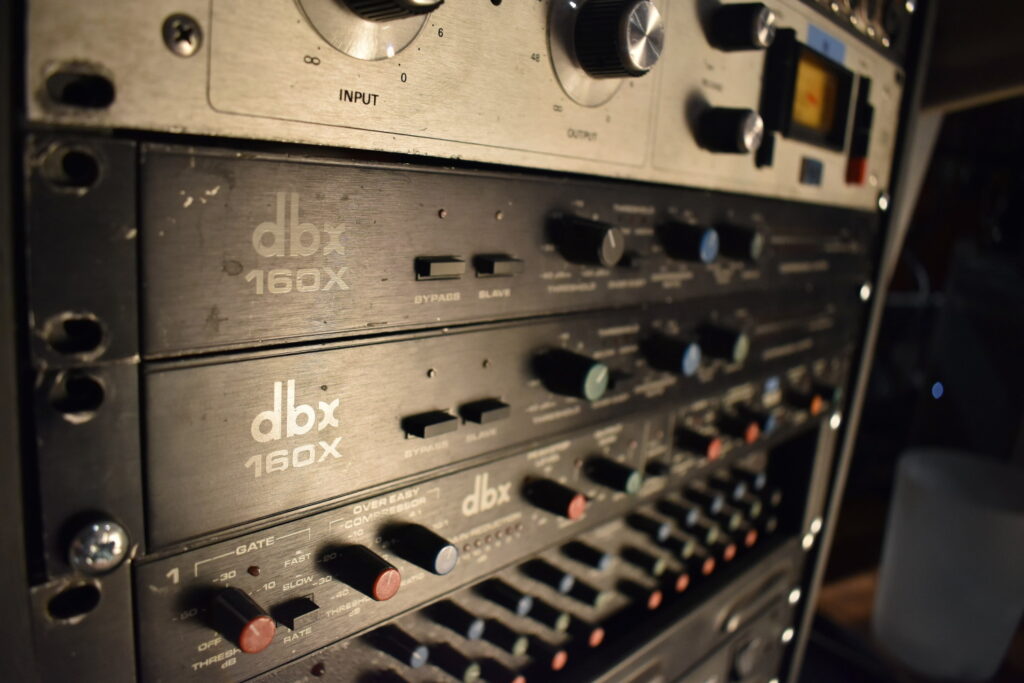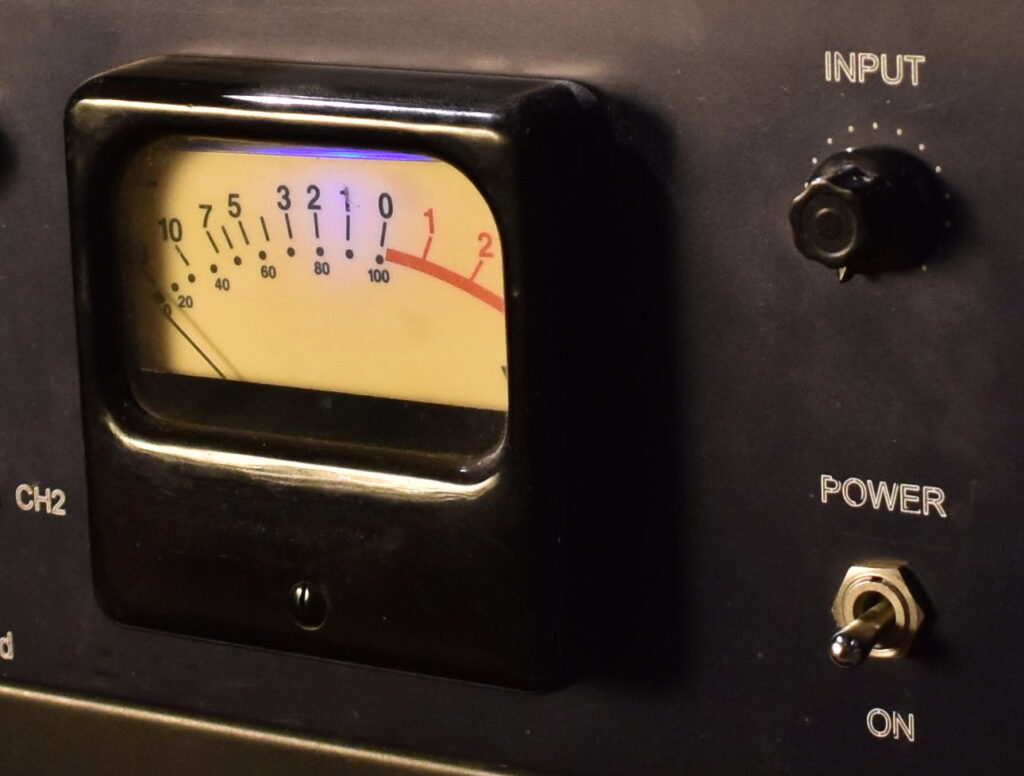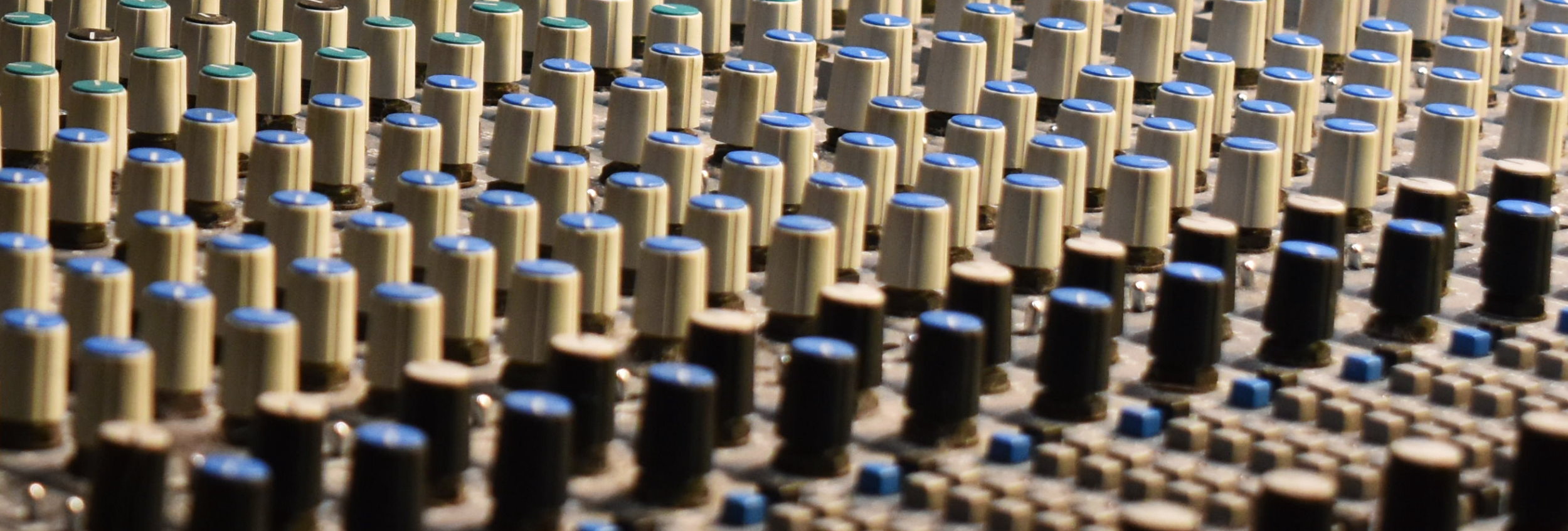“Never has a production process been understood by so few, but affected so many.”
Winston Churchill, Abbey Road, 1962

The least understood, yet arguably, the most important element of production, mastering is an essential process for translating your music across the enormous range of speakers and platforms it may encounter. From a technical point of view, that means adaptive EQ, multi-band compression and limiting, and moreover, a highly experienced set of ears to make sure it’ll sound good on everything from high-end hi-fi to a Bluetooth speaker on the beach.
It also gives artistic opportunity. Small mix issues can be sorted, and furthermore, we can give the track a shape and a colour, beyond that of the original mix. You only have to listen to the vast array of remasters around nowadays to hear how powerful it can be.
Furthermore, stem mastering processes not just the stereo mix, but the individual key components (eg Vox, Drums, Bass, Guitars). This gives us even more opportunity to perhaps make that vocal shine or the kick drum slam the floor.
I employ a variety of analogue and digital gear to achieve the sound you’re after. Whilst doing a collection of tracks for say an album, I continually compare them against one another to create a cohesive sound, yet absolutely refrain from making a one size fits all template and just running them through the machine. Furthermore, I encourage you to send me reference tracks from other artists, as they are invaluable indicators of your desired final sound.
Engaging me to master your tracks means a professional set of ears, with a fresh perspective and years of experience.
I have great affection for mastering – so often an absolute privilege to add the final touches to someone’s music.

A Word About Volume
“The Loudness War” and adapting masters for streaming services.
How loud to make your track has always been the biggest decision with mastering, and the fact that streaming services are now applying their own volume reduction certainly complicates things further.
It’s not all bad news though. If handled properly they give us the opportunity to honourably withdraw from the loudness war and maintain the dynamics you worked so hard to capture. I think it’s a good thing.
Saying that, I’m hearing much now along the lines of needing to do a different master for each platform. I think that is, in most cases, unnecessary.
I discuss this in more detail on the FAQ page.
Stem Mastering
Traditional mastering involves working on a stereo mix, and therefore any applied processing affects all the elements of the recording. This means approaching each step with great care as even the smallest changes can have a large impact. For instance, you may really like that compression you’ve just added, but found that it’s making the cymbals now feel a bit harsh. To counter this, you apply some subtractive EQ between 4-5 kHz. Unfortunately that is right in the area that is giving the vocal its clarity. You see where this is going… change one, affect the other. It’s an unavoidable compromise.
Stem Mastering means I work on not only a stereo mix, but also key elements, perhaps vocals, guitars, bass, and drums as separate files additionally. These aren’t the individual channels that were initially recorded, but processed files that have been made into subgroups and exported before being summed to a final stereo mix. It is fairly standard during a mix to make subgroups anyway, and it means that when mastering, if I feel one of those elements needs adjusting, I can do so without affecting everything else.
With all that said, although it can offer huge benefits over the traditional stereo process, I don’t wish you to see it as always the superior option. I think it certainly can come into its own when perhaps, for whatever reason, a mix isn’t quite up to par and there are some aspects to “fix”, but equally, when a mix is spot on and it’s more about enhancing rather than rebuilding, why tamper with it?
If you feel Stem Mastering is something your tracks may benefit from, then get in touch and we can weigh up the pros and cons together.
Pricing
Stereo Mastering
£75* per track
Traditional mastering on a stereo mix.
Stem Mastering
£100* per track
Mastering on individual stems.
*Further 20% discount for unsigned/self-funded.
What Next?
Get in touch and talk to me about your project.
See examples of my work, and what my clients say about me.
Read about the process – how will we work together?

